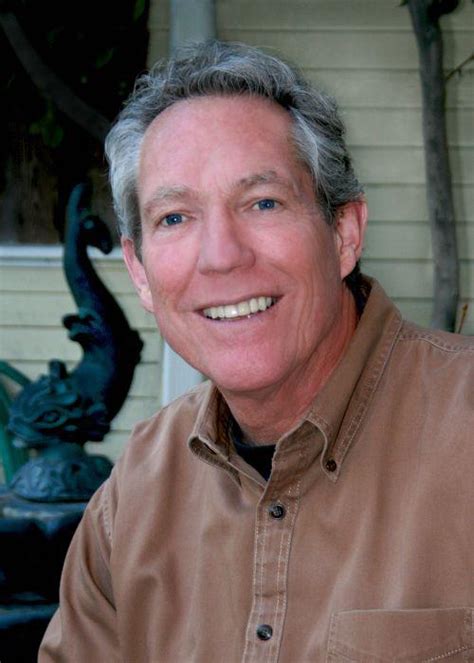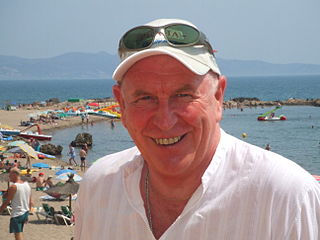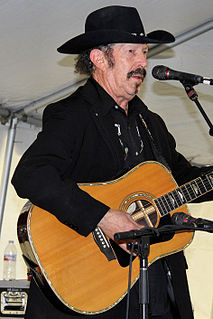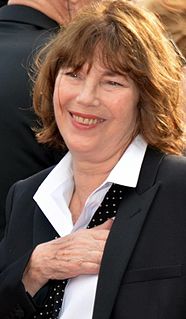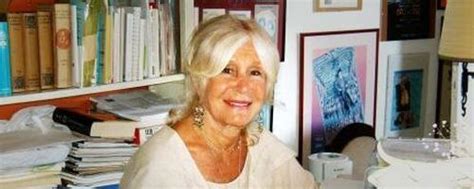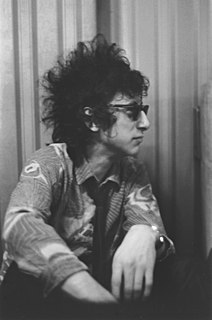A Quote by Terry Brooks
My breakthrough as a reader was when I discovered the European adventure story writers - Alexander Dumas, Robert Louis Stevenson, Sir Walter Scott, to name a few.
Quote Topics
Related Quotes
How much he was shaped by being in the hospital so much as a kid. Because he was sick, he was a reader, and because he was a reader, Kennedy had heroes. Because he had heroes, he went into politics. [Kennedy liked Sir Walter Scott, King Arthur's knights, and biographies of political leaders.] If he hadn't been sick, he might have been like everybody else in the family, a jock.
The songs are not meant to be real life. They're meant to have a psychic - rather than a factual - bearing on the listener. It's rare that a song grounded in reality moves me because I don't feel like I'm getting the whole story. Songs are made to exist in and of themselves, like a great James Jones or Robert Louis Stevenson novel - they're not autobiographical, and yet there's a reality in every single page. It's real life of the imagination.

